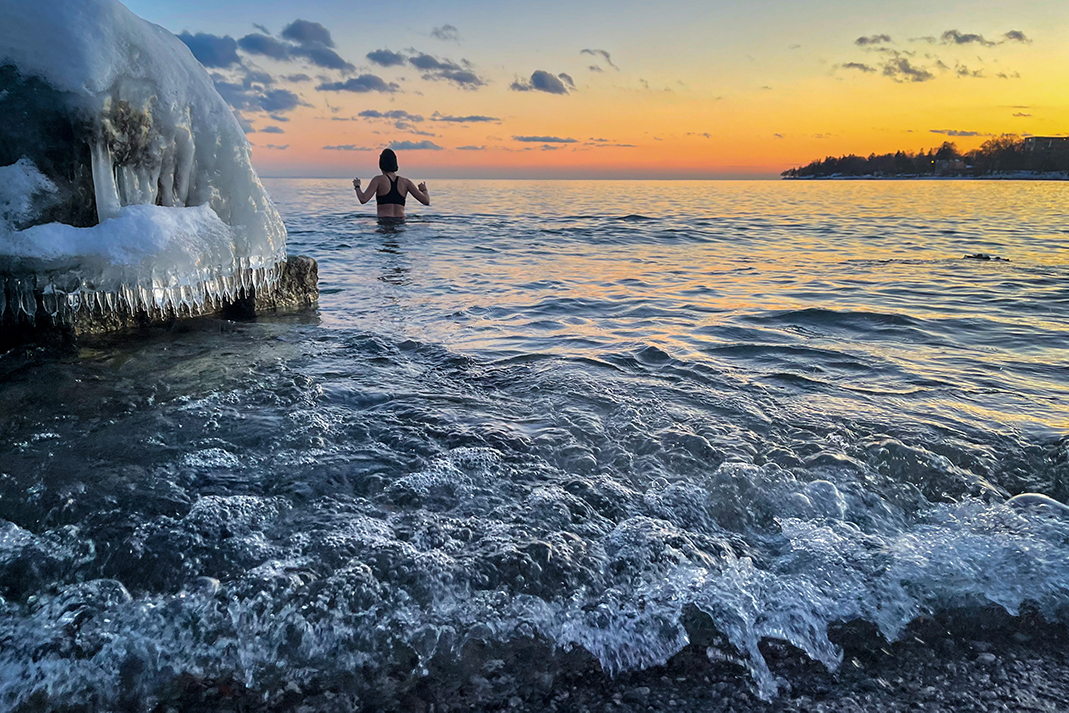"According to the United States Coast Guard, in 2019 cold water was a factor in at least 87 paddling fatalities. Cold water is also a factor in roughly 200 drownings each year in Canada. Boaters, including canoeists, make up 40 percent of those deaths, according to the Canadian Red Cross."
"Cold shock response is caused by the sudden lowering of skin temperature upon immersion in cold water. The rapid cooling of skin causes gasping and hyperventilation, a spike in heart rate and blood pressure and panic for many. Cold shock can kill in just seconds—someone who gasps underwater without a life jacket won’t resurface."

 paddlingmag.com
paddlingmag.com
"Cold shock response is caused by the sudden lowering of skin temperature upon immersion in cold water. The rapid cooling of skin causes gasping and hyperventilation, a spike in heart rate and blood pressure and panic for many. Cold shock can kill in just seconds—someone who gasps underwater without a life jacket won’t resurface."

The Scary Truth Every Paddler Needs To Know About Cold-Water Capsizes
Could you survive without immersion protection? Why our editor thinks you're totally screwed.

